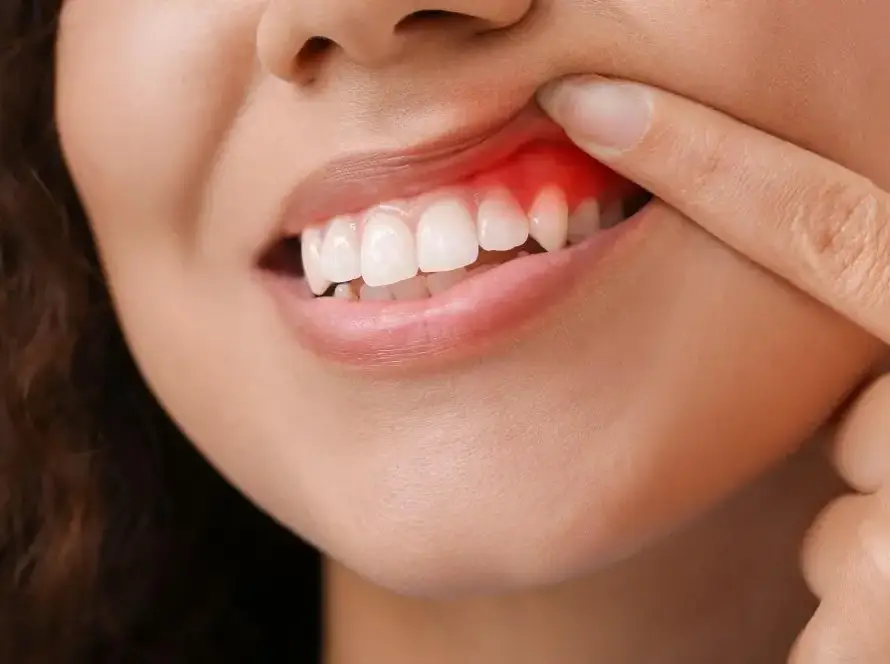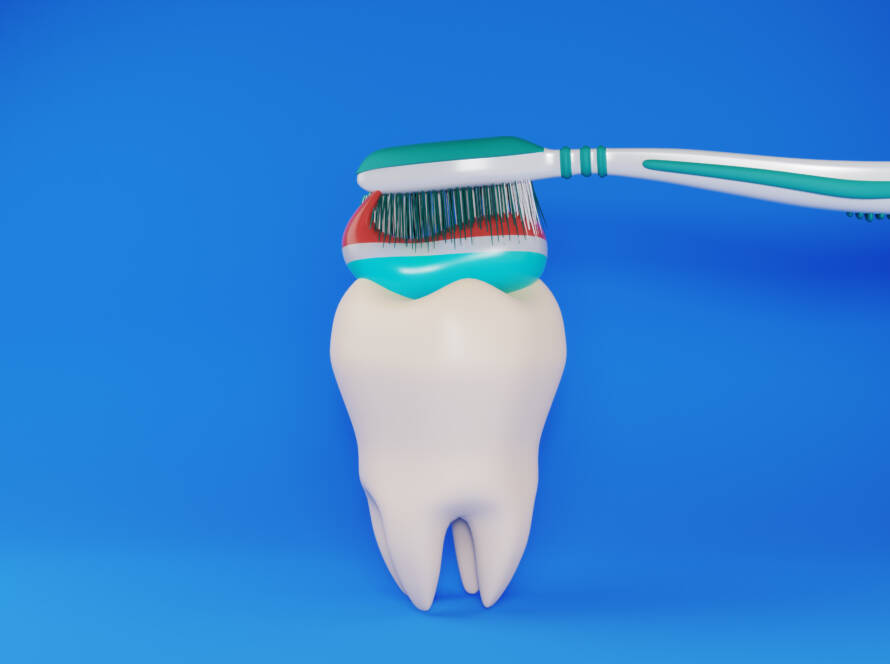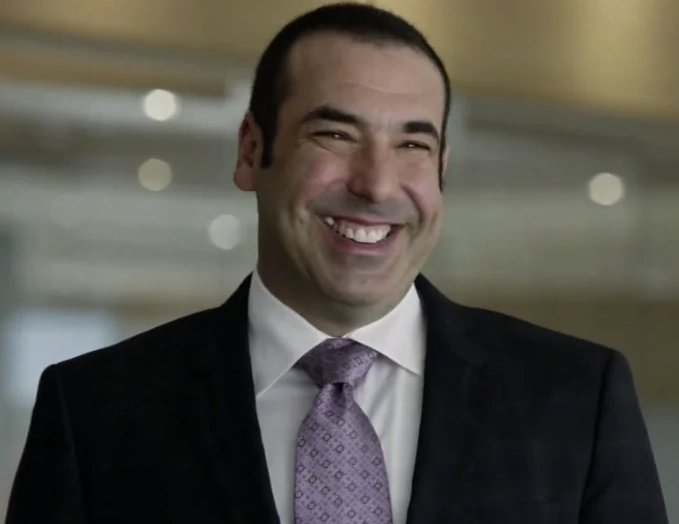Yes, attaching a wire to a tooth is a possible treatment method. Wire attachment is a dental method used to regain the natural shape of the tooth. This method aims to align the position of the teeth and ensures proper functioning of the teeth. Wire attachment aims to align the position of the teeth and ensures proper functioning of the teeth. This method aims to align the position of the teeth and ensures proper functioning of the teeth. Wire attachment aims to align the position of the teeth and ensures proper functioning of the teeth. Wire attachment aims to align the position of the teeth and ensures proper functioning of the teeth.
Wire attachment is generally suitable for children and young adults. This method aims to align the position of the teeth and ensures proper functioning of the teeth.
Can a wire be attached to a tooth that has had root canal treatment?
Having a tooth undergo root canal treatment does not prevent a wire from being attached to the tooth. However, it is necessary to consult with your dentist to assess the condition of the tooth and its suitability for wire attachment. However, having a tooth undergo root canal treatment may also mean that the tooth needs to be strongly supported.
In conclusion, having a tooth undergo root canal treatment does not prevent a wire from being attached to the tooth, but it is necessary to consult with your dentist to assess the condition of the tooth and determine the most suitable treatment method.
What is root canal treatment?
Root canal treatment is a procedure to remove infected or damaged tissue from within the tooth (pulp), clean and fill the inside of the tooth, and seal it. It involves the removal of the nerve and blood vessels within the tooth and sterilization of the inside of the tooth. Root canal treatment aims to reduce pain caused by an infection or injury within the tooth and prevent tooth loss.
Root canal treatment is performed by dentists and is usually done due to an infection or injury within the tooth. During root canal treatment, the nerve and blood vessels within the tooth are removed and the inside of the tooth is cleaned and filled. This procedure aims to reduce pain caused by an infection or injury within the tooth and prevent tooth loss.
Root canal treatment is done due to an infection or injury within the tooth and is usually aimed at reducing pain and preventing tooth loss. It involves the removal of the nerve and blood vessels within the tooth and sterilization of the inside of the tooth. Root canal treatment is done due to an infection or injury within the tooth and is usually aimed at reducing pain and preventing tooth loss.
WILL THERE BE PAIN AFTER ROOT CANAL TREATMENT?
There is a possibility of pain after root canal treatment, but it is usually temporary and decreases over time. Pain after root canal treatment may be caused by the removal of the nerve and blood vessels within the tooth. Therefore, there is a possibility of pain after root canal treatment.
However, pain after root canal treatment is usually temporary and can be relieved with pain-relieving medication prescribed by your dentist. Using pain-relieving medication prescribed by your dentist can also help relieve the pain.
If the pain continues or intensifies after root canal treatment, you should contact your dentist for an evaluation. Your dentist can determine the cause of the pain and recommend the necessary treatment.
Why can’t I bite on my tooth after root canal treatment?
There may be several reasons why you cannot bite on your tooth after root canal treatment. Some of the main ones are:
- Pain in your tooth: You may experience pain in your tooth after root canal treatment and this can be the reason why you cannot bite on it. This is more common in the first few days of treatment and will likely decrease over time. You can use painkillers prescribed by your dentist to alleviate the pain.
- Adhesions in your tooth: During root canal treatment, residues may form in your tooth and this can cause you to not be able to bite on it. This will be cleaned by your dentist and the biting problem will disappear.
- A break in your tooth: A break may occur in your tooth during root canal treatment and this can also cause you to not be able to bite on it. In this case, your dentist will make the necessary repairs and the biting problem will disappear.
- Structural problems in your tooth: There may be structural problems in your tooth after root canal treatment and this can cause you to not be able to bite on it. In this case, your dentist will determine the appropriate treatment method and the biting problem will disappear.
If you are experiencing problems biting on your tooth after root canal treatment, you should consult with your dentist to determine the cause and find a solution.
After root canal treatment, why does the tooth become discolored?
The discoloration of the tooth after root canal treatment may be due to the visible appearance of the dentin layer inside the tooth. Dentin is a structural layer inside the tooth and is protected by the hard covering called enamel on the surface of the tooth. During root canal treatment, a portion of the enamel layer is removed, which can cause the dentin layer to become visible. Therefore, your tooth may become discolored after root canal treatment.
The discoloration of the tooth may also depend on the color of the treatment materials applied to the tooth. For example, the color of the treatment materials applied to your tooth may be different from the color of your tooth, which can cause discoloration.
However, the discoloration of the tooth may be temporary and it may take time for the tooth to return to its normal color. You can also apply teeth whitening methods recommended by your dentist to prevent the discoloration of your tooth.















